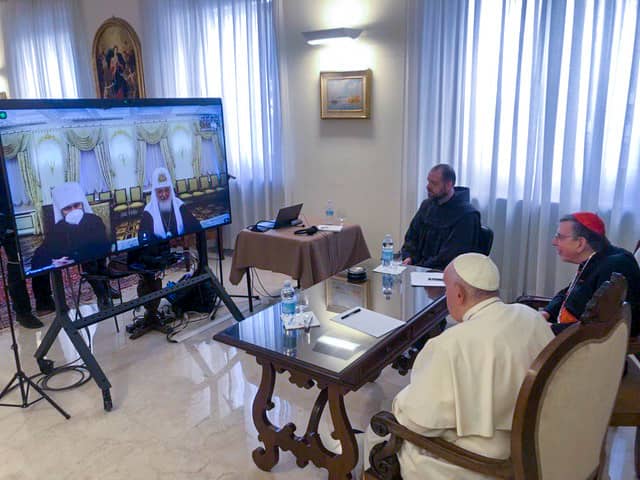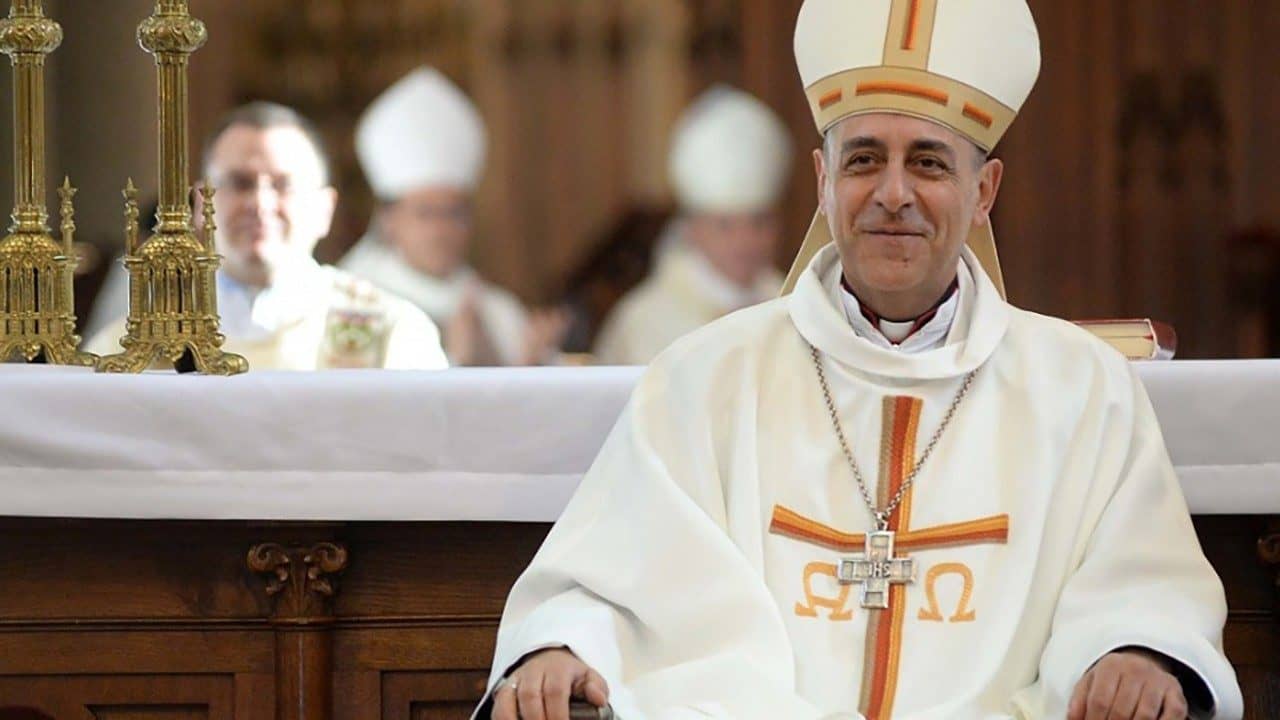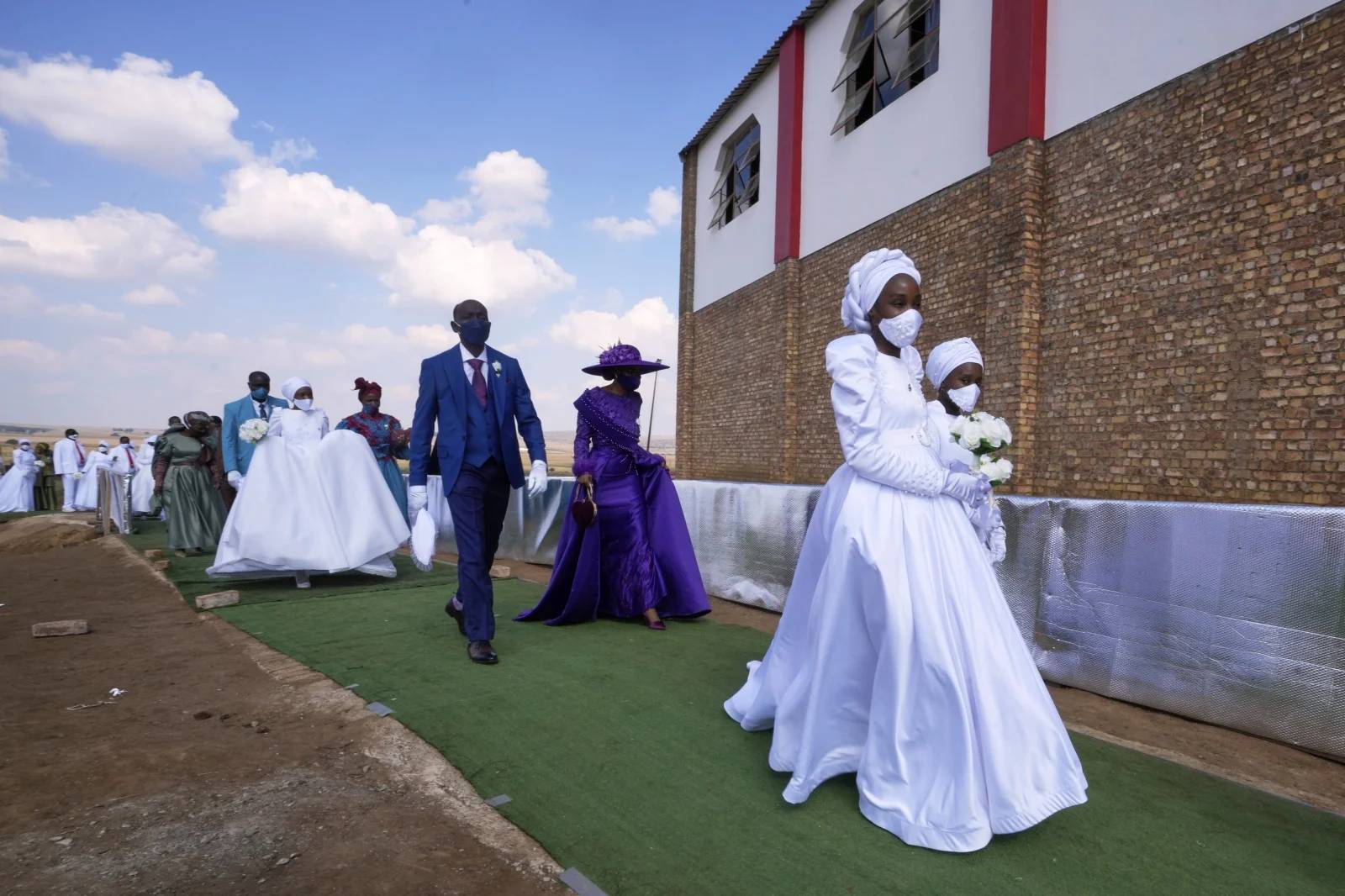ROME – Since Pope Francis called a summit of Catholic bishops on youth and discernment two years ago, fixing it for this October, speculation has swirled about which topics would loom largest during the meeting, given that its themes seem vast enough to embrace almost everything under the sun.
We won’t really know until the Synod of Bishops gets underway, but if 300 young people from around the world who met in Rome this week to provide input to the bishops have anything to do with it, two tough subjects will be unavoidable: The Church’s sexual abuse scandals, and the role of women in Catholicism.
“The Church should condemn actions such as sexual abuse and the mismanagement of power and wealth,” the young advisers said in a concluding document from their reflections released in a Vatican news conference on Saturday.
“The Church should continue to enforce her no-tolerance stance on sexual abuse within her institutions, and her humility will undoubtedly raise its credibility among the world’s young people,” they said.
“If the Church acts in this way, then it will differentiate itself from other institutions and authorities which young people, for the most part, already mistrust,” they said.
That advice, of course, comes on the heels of what has been perceived as a fairly rough patch for Francis on the sexual abuse front.
His handling of the case of Bishop Juan Barros in Chile has drawn fire, especially his charge that victims of a pedophile priest charging Barros with a cover-up are engaging in “calumny” and should deliver proof, and that situation will soon reach a potential turning point as papally-appointed investigator Archbishop Charles Scicluna of Malta readies to deliver his report.
The Barros case builds upon the fact that Francis’s hand-picked point man for financial reform of the Vatican, Australian Cardinal George Pell, is now back home fighting off charges of “historical sexual offenses,” and that the pontiff’s own Pontifical Commission for the Protection of Minors only got new members in February after the previous terms had expired in December.
Taken together, the impression in some quarters has been a lack of seriousness and follow-through in Francis’s Vatican on the fight against abuse, and perhaps the coming synod will be a place where conversation about a more convincing approach surfaces.
On women, the youth were equally blunt.
“Today, there is a general problem in society in that women are still not given an equal place. This is also true in the Church,” they concluded.
“There are great examples of women serving in consecrated religious communities and in lay leadership roles. However, for some young women, these examples are not always visible. One key question arises from these reflections: What are the places where women can flourish within the Church and society?” they asked.
“The Church can approach these problems,” they said, “with real discussion and open-mindedness to different ideas and experiences.”
In another spot, the young advisers said, “Another common perception that many young people have is an unclear role of women in the Church.”
“If it is difficult for young people to feel a sense of belonging and leadership in the Church, it is much more so for young women,” they said. “To that end, it would be helpful for young people if the Church not only clearly stated the role of women, but also helped young people to explore and understand it more clearly.”
“We encourage the Church to deepen its understanding of the role of women and to empower young women, both lay and consecrated, in the spirit of the Church’s love for Mary, the mother of Jesus,” they said.
Still again, the youth meeting in Rome observed: “Some young women feel that there is a lack of leading female role models within the Church and they too wish to give their intellectual and professional gifts to the Church.”
That advice too comes amid a difficult time for Francis.
In recent weeks, a gathering of women in Rome called “Voices of Faith” insisted, in essence, that the pontiff put up or shut up on his repeated calls for expanded decision-making roles for women in the Church, while even the Vatican’s own newspaper, L’Osservatore Romano, carried an expose about the frequent mistreatment of nuns serving in Rome, including the fact that while they may cook and clean in cardinals’ apartments, they’re rarely invited to dine at the cardinals’ tables to engage issues as equals.
In general, the youth issued a challenge to the Church’s power structure.
“We want to say, especially to the hierarchy of the Church, that they should be a transparent, welcoming, honest, inviting, communicative, accessible, joyful and interactive community,” they said.
Granted, the idea of giving advice to bishops ahead of a synod is hardly anything new. In the run-up to the October 2015 Synod of Bishops on the family, for instance, an entire cottage industry of books, essays, position papers, and so on, sprung up, much of it focused on the hot-button question of whether the Church should or shouldn’t allow divorced Catholics who remarry outside the Church to receive communion.
The difference in this case, however, is that input comes with an official seal of approval. The 300 young people who met physically in Rome, joined by some 15,000 youth who took part in Facebook groups organized as part of the pre-synod process, were chosen by their bishops’ conferences and invited by the Vatican to contribute their two cents.
Italian Cardinal Lorenzo Baldisseri told reporters Saturday that their 16-page document will be presented to Francis on Sunday, and “ideally” will be distributed to all the bishops taking part in October’s synod as part of their homework.
It’s striking reading through the document that there are precious few references to official Church teaching, and also few even indirect allusions to current Church debates such as the tussle over Amoris Laetitia. Instead, it’s more akin to an x-ray of what thoughtful young Catholics are pondering right now.
There are no major doctrinal controversies surfaced in the document, and contested points of sexual morality such as Church teaching on homosexuality, are simply acknowledged without seeking a solution.
For that matter, no solutions on sex abuse or the role of women are flagged either. Yet it seems abundantly clear youth are saying that if the synod somehow unfolds without addressing those two topics, it will be, in the words of a 31-year-old Italian pastor named Paolo Mulps, “the umpteenth wasted opportunity by a Church” projecting merely the appearance “to be listening to someone.”
Time will tell whether these two topics help set the tone in October, but if they do, it will be the youth themselves who helped make it happen.














